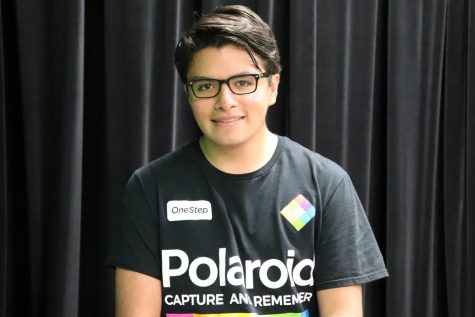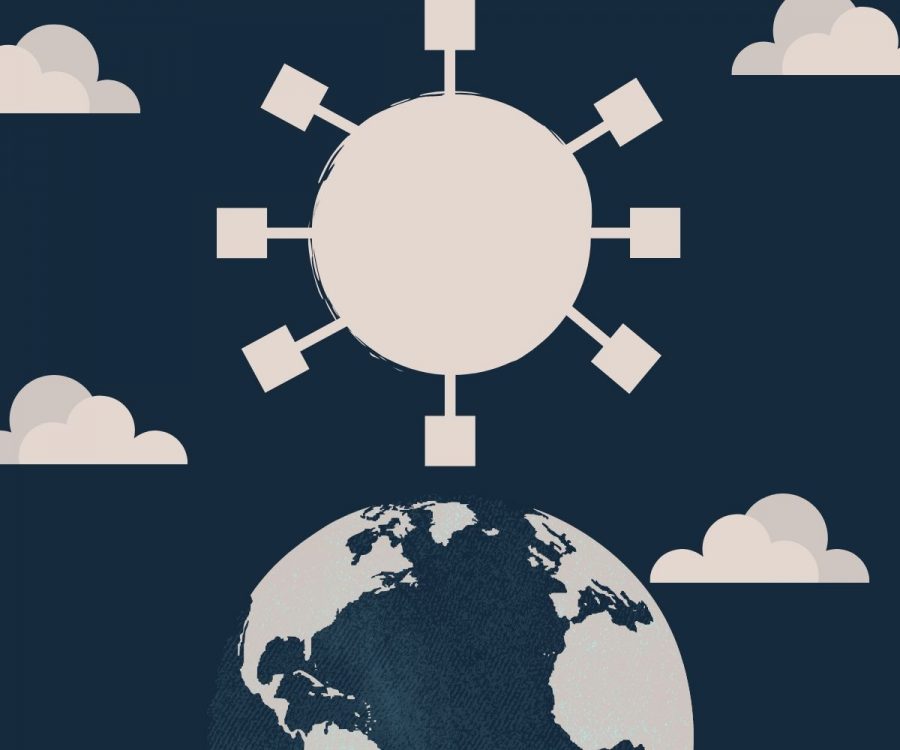The existential crisis of choosing a college during a worldwide pandemic
Many students are left wondering about their future as covid fears set in.
During the start of second semester, if anyone had said that a global pandemic would soon not only destabilize the national economy, but force millions of Americans indoors for potentially half a year, that person would probably be considered crazy.
Unfortunately, the what if scenario not only is happening, but is happening at a time when economic anxiety was already high. While many are sad that they’ll miss out on prom and graduation, the real concern on most people’s mind is how they’re going to handle the next few years post-Covid.
Personally, I was already stressed out enough about the expenses and commitment that college brings. Outside of buying a home, enrolling in college is one of the biggest financial commitments that a person can make and yet it seems that no one wants to acknowledge that fact. Not only are we asking our seniors to make the biggest financial decision of their early life, but we are also asking them to somehow accept that fact that either the fall semester might be online, which frankly would be a waste of money, or that the financial fallout from COVID-19 will not affect their future.
Colleges can not decide yet on whether or not a fall semester will happen remotely, but that is the crux of the issue. Even during the Great Recession there was at least a hope and promise that colleges would be open and functional, but as we get closer to summer, it seems that it is even more uncertain whether or not there will be an in-person semester this fall.
On the topic of online classes, it is true that online learning is not inherently bad. However, one of the major selling points of many of these colleges is the connections you make, and the experience you have, which online learning just can not replicate. So now, seniors might have to pay regular tuition rates despite the national economy being incredibly unstable, and might get a subpar experience due to the fact that they can not even come to campus.
What does not help is the subpar response that both the government and multiple colleges have had in handling the COVID-19 crisis. As many of our parents got the 1200 dollar checks many high school seniors and college students were not able to receive anything due to them being listed as dependents on their parents taxes. This on its own might be understandable in the case of high schoolers, but many college students are still claimed as dependents by their parents meaning they won’t even receive aid they desperately need.
Surveys by the Arts and Science group found that two thirds of students feared that they would be unable to attend their first choice college, primarily due to the COVID-19 crisis. To some credit, the CARES act did suspend interest rates on school loans and several colleges have made plans to refund room and board expenses to their students. These are good steps but ultimately they are not enough to alleviate the risk that comes from enrolling.
The most frustrating part of this issue is that there is no actual solution to the core issue, there is no way of knowing whether or not COVID will return, and whether or not the economy will improve substantially. While colleges and the government could and should look into reducing tuition rates and possibly even cancelling student debt, ultimately there’s not a lot that can reduce the anxiety that comes with applying to college.
It is pretty obvious now that the class of 2020 is not going to have the standard educational experience. Being positive is something that is being stressed a lot by schools, the government, and our media institutions, but it is hard to see the light at the end of the tunnel when there is so much to worry about at this time. Whether or not COVID-19 will impact the fall semester remains uncertain, but many students, including myself, will and have made their choices for their respective futures.

Marco Rivero is a senior at Metea Valley and is spotlight Editor for the Stampede. When he's not listening to music, Marco enjoys keeping up with politics...


